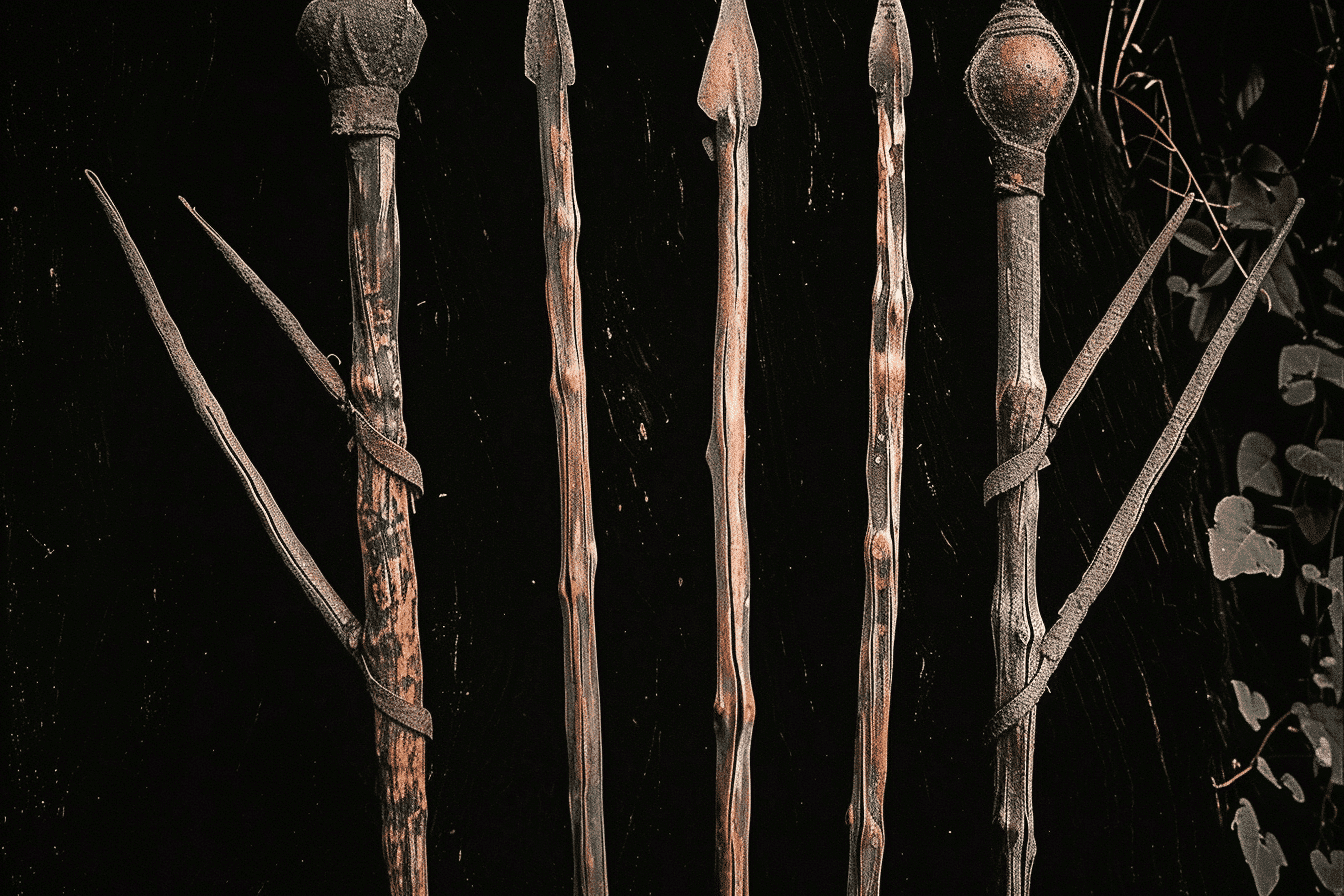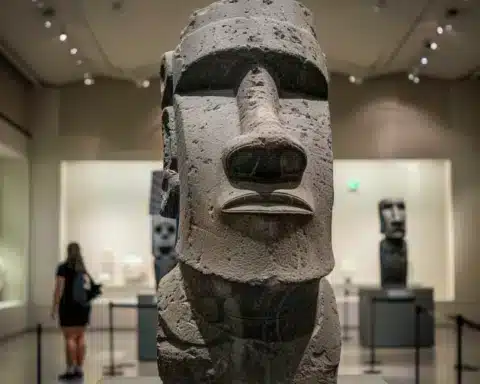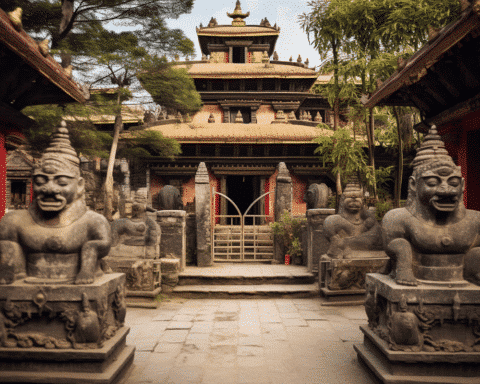A Historic Repatriation
In a profoundly symbolic gesture of reconciliation and cultural restoration, Trinity College Cambridge has returned four ancient Aboriginal spears to Australia, marking a significant moment in the history of both nations. These spears, taken by Captain James Cook over 250 years ago during his explorations, have been a point of contention and a symbol of the colonial past that stripped the Aboriginal community of its cultural artifacts. This event signifies a return of sacred items and sparks a broader conversation about historical justice and cultural respect.
The Return of Heritage
Reclaiming History
On a Tuesday that will be etched in history, the La Perouse Aboriginal Community welcomed the return of four spears from Trinity College Cambridge. These artifacts, significant due to their antiquity and as the last remaining pieces of a more extensive collection, represent a crucial link to the first contacts between European explorers and Aboriginal Australians. Ray Ingrey, the director of the Gujaga Foundation, highlighted this event’s profound historical and cultural significance, describing it as a “momentous occasion” that marks a pivotal moment in Australian history—where it all began in 1770 at Botany Bay, Kurnell.
Cultural Continuity Restored
The spears’ repatriation resonates deeply within the La Perouse community, particularly among the direct descendants of the original craftsmen. Noeleen Timbery, chair of the La Perouse Local Aboriginal Land Council, emphasized the importance of spears as links to traditions, cultural practices, and ancestors. Returning the spears is seen not just as a transfer of physical items but as a restoration of the continuity of cultural heritage disrupted by colonial actions.
Toward a Respectful Future
A Journey of Mutual Respect
Sally Davies, the master of Trinity, described Trinity College’s decision to repatriate the spears as part of a “rewarding and respectful process.” This reflects a growing recognition among institutions worldwide of the need to address the complex legacies of colonial histories and the injustices embedded within them. The spears will soon be displayed in a new visitor center planned for Kurnel, Kamay, ensuring that they remain accessible both as educational tools and as symbols of cultural pride.
A Step Towards Healing
Trinity College’s return of the spears is a profound gesture towards reconciliation and understanding between cultures. It acknowledges the deep wounds inflicted by the past and sets a precedent for how institutions can engage respectfully with historically marginalized communities. As the world watches, this event may inspire similar acts of restitution, encouraging a global reevaluation of the ownership and legacy of cultural artifacts. This is not just a moment of return but a renewal of respect and a step towards healing longstanding divisions.


